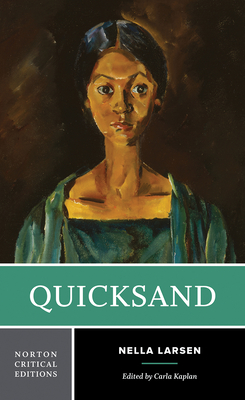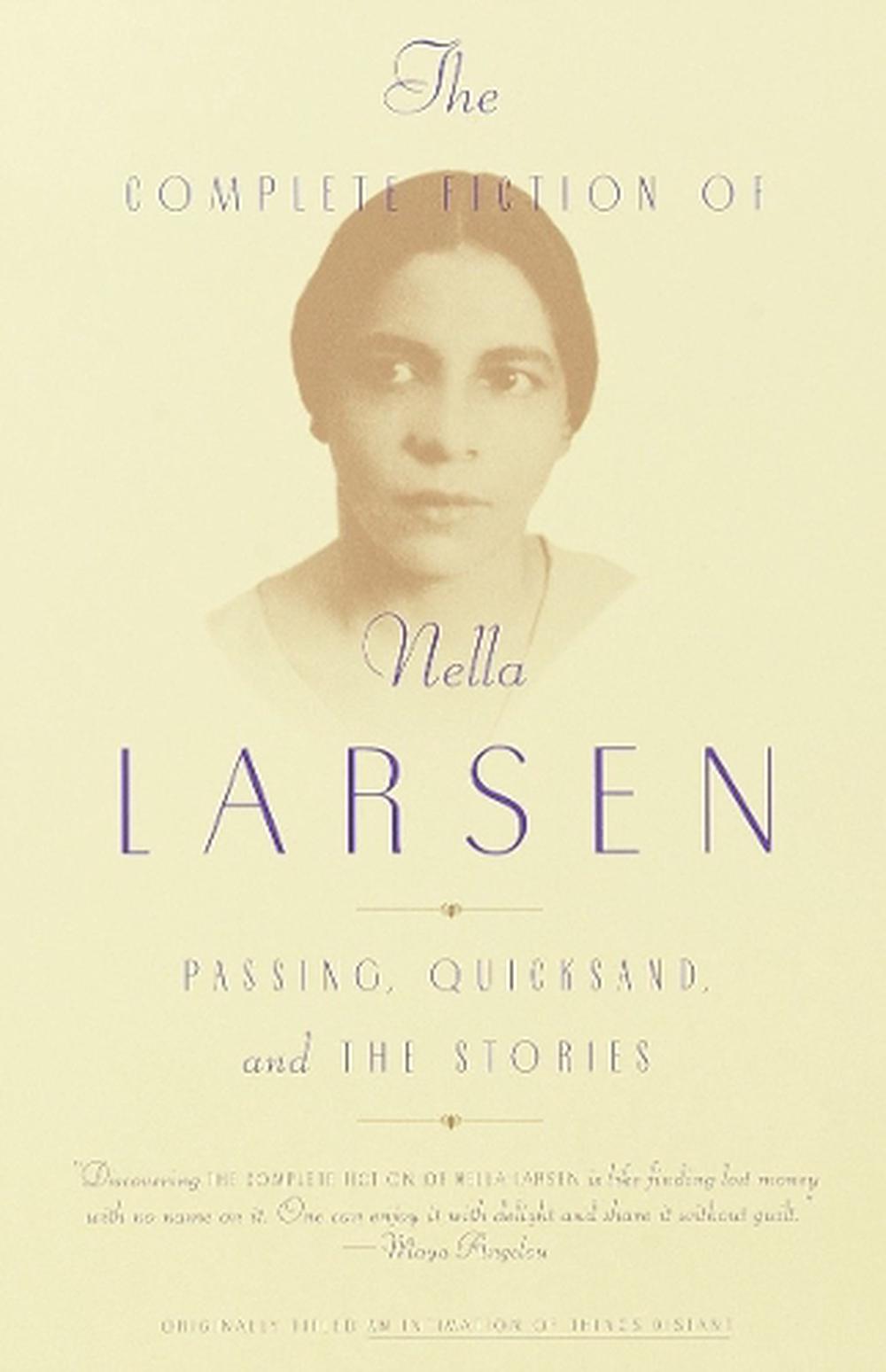
To put it plainly, didn't she know how?" (Q 111).


Students, reviewers and critics alike have been stymied by one question in particular, a question the text poses again and again: "Why couldn't she be happy, content, somewhere? Other people managed, somehow, to be. "All Helga ever does," Thurman (2003: 220) writes, "is run away from certain situations and straddle the fence so consistently, in fact, that when she does fall on the dark side, the reader has lost all interest and sympathy." (1) My students' frustrations are also reflected in the critical impasse surrounding Larsen's novel. The novelist Wallace Thurman's review, published in the short-lived New Negro Renaissance magazine Harlem: A Forum of Negro Life, captures the tenor of the contemporary response. Then, as now, the frustration stems from Helga's inexplicable choices. Indeed, Quicksand's contemporary reviewers reacted in much the same way as my students.

She caroms from one bad decision to the next, seeking something-stability, maybe, or happiness-then fleeing the moment either seems to be on offer. My students were hardly unjustified in these feelings. They began predicting Helga's failures and blaming her for her pain. And so they got frustrated with her, with Larsen and (let's be honest) with me too. Like Helga herself, my students tried to diagnose the central problem like Helga, they found only an emptiness at the novel's core. Each class would end with a discussion of their hopes for Helga's future, while the next would begin with their complaints about how those hopes had been set up and dashed, how all her mistakes seemed like iterations of the same mistake. They wanted to feel for her, a biracial woman adrift in a racist and sexist world, but none of them could stay sympathetic for longer than a chapter or two at a time. It wasn't that they struggled to understand it to the contrary, they seemed to recognize Larsen's protagonist Helga Crane all too well. I have never assigned a text that frustrated students more than Nella Larsen's 1928 novel Quicksand. Why couldn't she be happy, content, somewhere? Other people managed, somehow, to be.

But she began to have a feeling of discouragement and hopelessness. Frankly the question came to this: what was the matter with her? Was there, without her knowing it, some peculiar lack in her? Absurd.


 0 kommentar(er)
0 kommentar(er)
